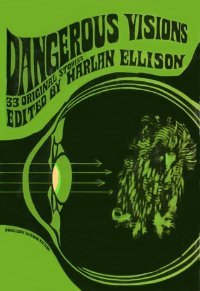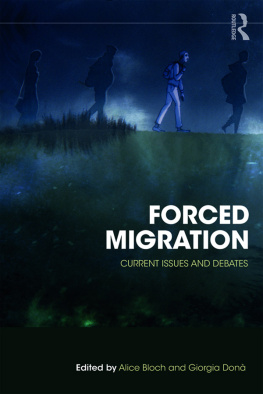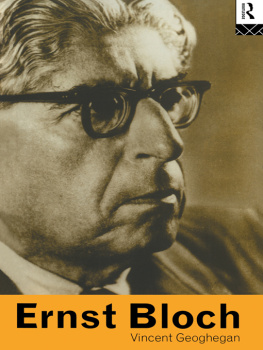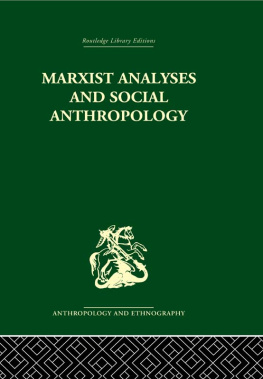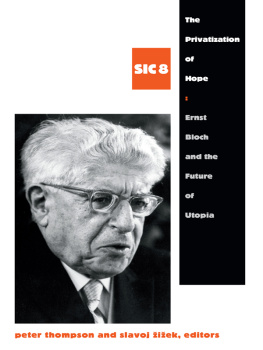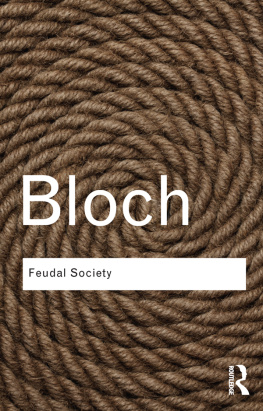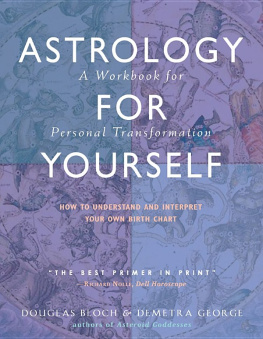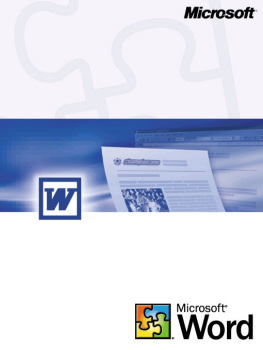Sans Papiers
Sans Papiers
The Social and Economic Lives of
Young Undocumented Migrants
Alice Bloch, Nando Sigona and Roger Zetter
| Pluto Press www.plutobooks.com |
First published 2014 by Pluto Press
345 Archway Road, London N6 5AA
www.plutobooks.com
Distributed in the United States of America exclusively by
Palgrave Macmillan, a division of St. Martins Press LLC,
175 Fifth Avenue, New York, NY 10010
Copyright Alice Bloch, Nando Sigona and Roger Zetter 2014
Some parts of have appeared in an earlier version in Sigona, N. (2012) I have too much baggage: the impact of legal status on the social worlds of irregular migrants, Social Anthropology, 20(1): 5065, 2012 European Association of Social Anthropologists, reproduced by permission.
The right of Alice Bloch, Nando Sigona and Roger Zetter to be identified as the authors of this work has been asserted by them in accordance with the Copyright, Designs and Patents Act 1988.
British Library Cataloguing in Publication Data
A catalogue record for this book is available from the British Library
ISBN 978 0 7453 3261 1 Hardback
ISBN 978 0 7453 3390 8 Paperback
ISBN 978 1 8496 4903 2 PDF eBook
ISBN 978 1 8496 4905 6 Kindle eBook
ISBN 978 1 8496 4904 9 EPUB eBook
Library of Congress Cataloging in Publication Data applied for
This book is printed on paper suitable for recycling and made from fully managed and sustained forest sources. Logging, pulping and manufacturing processes are expected to conform to the environmental standards of the country of origin.
10 9 8 7 6 5 4 3 2 1
Typeset by Stanford DTP Services, Northampton, England
Text design by Melanie Patrick
Simultaneously printed digitally by CPI Antony Rowe, Chippenham, UK and Edwards Bros in the United States of America
Contents
List of Figures and Tables
Figures
Tables
Acknowledgements
Thank you to the Paul Hamlyn Foundation which commissioned the research that forms the background to this book and was published in a report, No Right to Dream: The social and economic lives of young undocumented migrants in Britain (Bloch, Sigona and Zetter 2009). The research led the Foundation to develop and fund a programme to support young people with irregular immigration status the Supported Options Initiative, see www.phf.org.uk for details.
A number of people and organisations contributed their work, ideas and enthusiasm to the completion of the research project on which this book is based. First of all, we wish to thank the five researchers who carried out, transcribed and translated the interviews with the young undocumented migrants for their outstanding work: Janroj Keles, Tom Lam, Thoko Mazura, Oleg Pasichnyi and Ana Souza. A sincere thank you also goes to the partner organisations the Evelyn Oldfield Unit, the Wai Yin Chinese Womens Society, the African Community Council for the Regions, the Chinese Community Centre Birmingham, ABRAS, the Zimbabwe Association and Halkevi for their help and advice at all stages of the research as well as facilitating access to potential interviewees.
We would also like to thank the members of the project steering committee for their inputs and advice and the staff of the Paul Hamlyn Foundation, especially in the Social Justice Programme, for their support, encouragement and enthusiasm throughout the study. In particular we would like to thank Rob Bell, Robert Dufton and Kirsteen Tait. Thank you also to the organisations and individuals who assisted us during the research project and in the preparation of the manuscript, especially Dogus Simsek, Cetta Mainwaring, Maknun Gamaledin-Ashami and Jenny Money.
Alice would like to thank colleagues at the University of Manchester, particularly Claire Alexander, Wendy Bottero and Brian Heaphy. Thanks also to Suki Ali, Leah Bassel, Rachel Bloch, Paul Bloch, Kirsten Campbell, Giorgia Dona, Leena Kumarappan, Sonia McKay, Kate Nash, Sarah Neal, Liza Schuster, John Solomos, Fran Tonkiss, Amal Treacher, Judy Wajcman, Frank Webster and Dawn Williamson.
Nando would like to thank Julia, Matilda and Robin for all their encouragement and patience especially for the occasional weekends and nights spent working; colleagues at the Institute for Research into Superdiversity at the University of Birmingham for stimulating conversations and support; and the Birmingham Fellowship Scheme for giving him the time he needed to work on this book. Thanks also to Jenny Allsopp, Bridget Anderson, Mette Berg, Elaine Chase, Robin Cohen, Matthew Gibney, Ben Gidley, Roberto G. Gonzales, Jenny Phillimore and Vanessa Hughes for support and intellectual engagement, and to the Bodleian Social Science Library for providing an excellent environment for writing.
Roger would like to thank Elizabeth for her support and encouragement, and many colleagues and friends at the RSC for their intellectual stimulus over many years.
Finally, we wish to extend our sincere thanks to all our interviewees, whose experiences, insights and views of the world have informed our analysis and fill every page of this book.
Some material presented in the empirical chapters, particularly in , some previously published material from the article I have too much baggage: the impact of legal status on the social worlds of irregular migrants, Social Anthropology, 20(1): 5065.
Researching Everyday Illegality: An Introduction
On 15 June 2012, standing in the garden of the White House in front of a crowd of journalists, the US President Barack Obama announced that he had signed an executive order to suspend deportations with immediate effect and to grant renewable two-year residence permits to young undocumented migrants brought up in the United States. The executive order benefited undocumented migrants under 30 who arrived in the US before the age of 16, lived in the US continuously for five years, had no criminal record and had graduated from high school or served in the US military. The Deferred Action for Childhood Arrivals (DACA) programme is an interim solution which came at a strategic time in the run-up to the presidential election and after over ten years of unsuccessful attempts by the legislators to find a compromise, firstly on the DREAM (Development, Relief, and Education of Alien Minors) Act and, more recently, on a comprehensive immigration reform. With all its limitations including the underlining politics of deservingness that excludes a large segment of the undocumented youth population the measure, in its first year, benefited over 500,000 young migrants, and more will become eligible as the programme operates on a rolling basis. DACA gives undocumented youth an opportunity to remain in the country without fear of deportation, allows them to apply for work permits, and increases their opportunities for economic and social incorporation (Gonzales and Terriquez 2013: 1). To explain his decision to the American people and his voters, Barack Obama then said:
These are young people who study in our schools, they play in our neighborhoods, theyre friends with our kids, they pledge allegiance to our flag. They are Americans in their heart, in their minds, in every single way but one: on paper.
Other undocumented migrants, however, are met with a much tougher approach. In fact, under the Obama administration, the forced removal of unauthorised residents has reached an unprecedented level: 2 million since Obama took office (Gonzales 2013).





